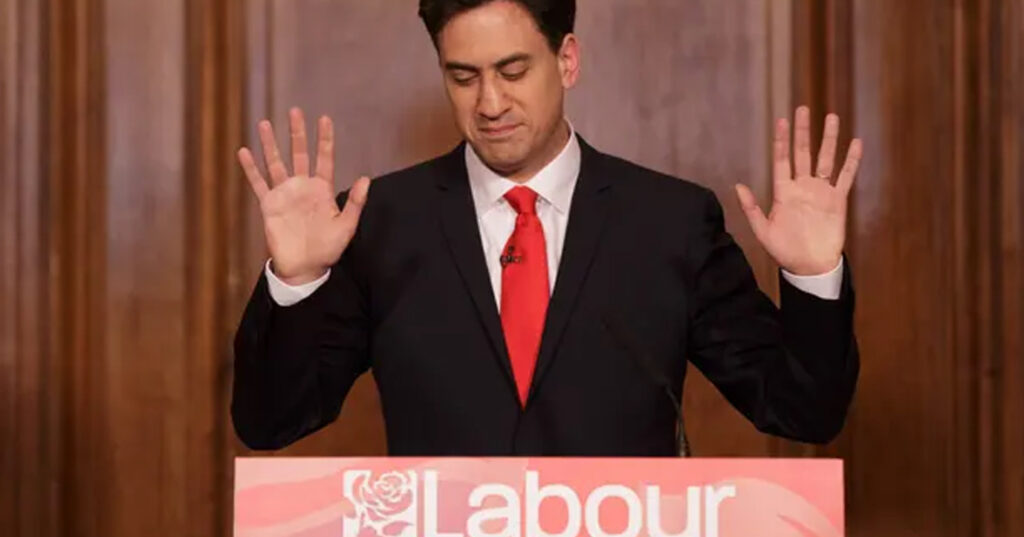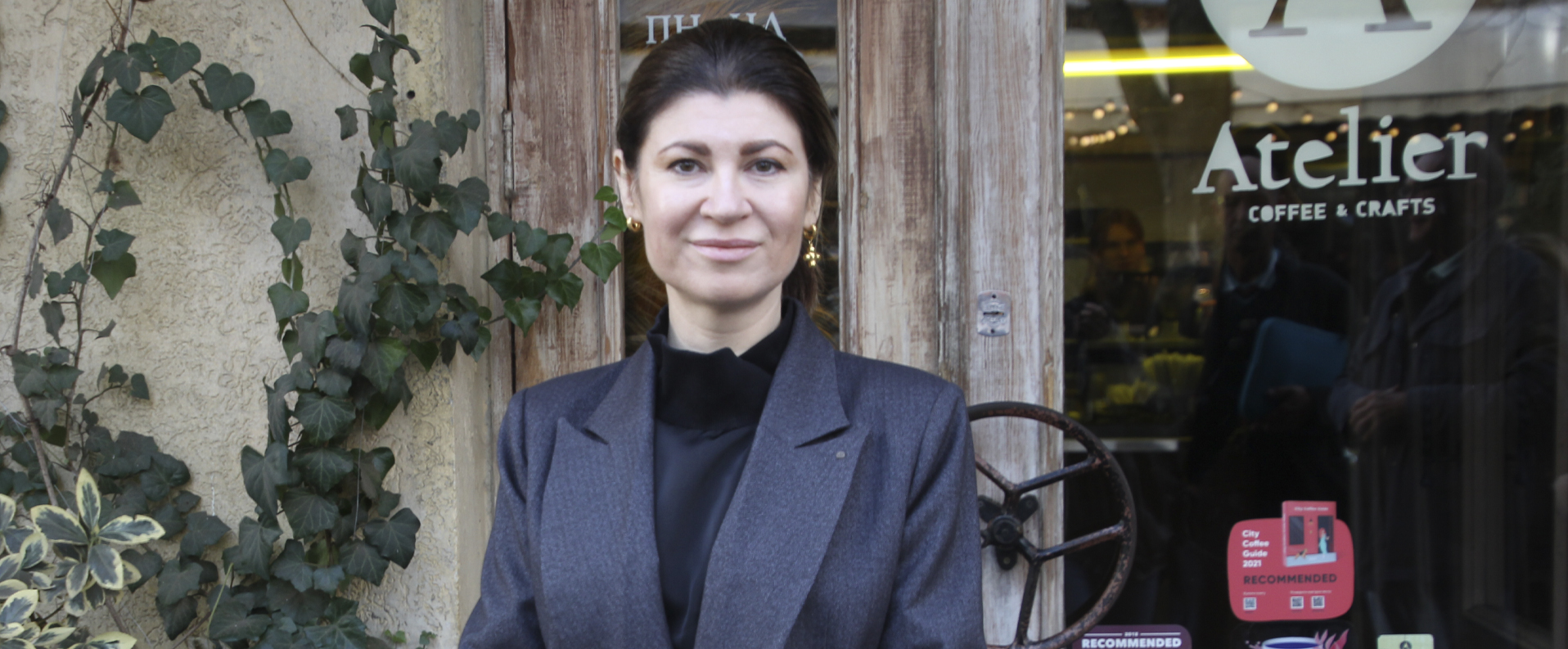
Published on TheGuardian.com on 10 September 2015
Five years ago I conducted some research to find out why people in the Labour movement thought they had lost the 2010 election and what they thought they should do about it. They believed people had failed to appreciate what Labour had achieved, that credulous swing voters had been influenced by the right-wing media, and that although Labour’s policies had been right, they had not been communicated well. Accordingly, they expected the coalition government to prove so dreadful that people would soon see the error of their ways: Labour would not need to make any big changes in order to win the following election.
Well, we know how that story ends. Labour is reduced to 232 seats in the House of Commons, a net loss of 24 since its 2010 defeat, and won only 30 per cent of the national vote. The question for the new leader, whose identity we will know on Saturday, is not just how the party can start winning again, but whether Labour as we know it will survive.
My latest research has looked into this question by examining the views of two sorts of people: how do the views of Labour Loyalists, who voted for the party in 2010 and again last May, compare with the Defectors who have moved away from the party since it was an election-winning force? What caused the switchers to switch, and do they see themselves returning?
As for the direction they should now take, just under half of loyalists thought a Labour party that offered a “radical socialist alternative” could win a general election and change Britain for the better. A further quarter of them thought such a party “would represent many people and be a force for good, even if it would not win a general election”.
Not at all surprisingly, those who switched from Labour to the Conservatives – and will need to switch back if Labour is to win again – see things rather differently. While a third of them thought a radical socialist Labour party might win an election, most of these thought it would then change Britain for the worse.
A majority of all defectors who voted Labour in 2010 but for a different party in 2015 said Ed Miliband had helped push them to another party. For those switching to the Tories, the second biggest reason was the fear that a Labour government would spend and borrow too much. Next was the belief that Britain was going in the right direction, so it was not time for a change of government. These voters felt that the Tories seemed to be showing a sense of direction that chimed with where they themselves wanted to be going in life – symbolised for many by the party’s help-to-buy policies.
While most loyalists and switchers to Ukip agreed that austerity should end, seven in 10 switchers to the Conservatives thought further cuts were needed. And while loyalists wanted welfare spending maintained, defectors – especially to the Tories – thought the benefits system needed tightening up.
Yet much of the debate within Labour since the election has not been about the party’s future but, implicitly, about its past. Many within the movement seem to regard the decade from 1997 – in electoral terms, the most successful time in the party’s history – as a source of shame rather than pride.
Here they are at odds not just with the voters who have since left, but with those that remain. Loyalists, as well as defectors to other parties (especially the Conservatives) regard Tony Blair as the best Labour leader of the last 30 years – as do voters as a whole. While loyalists and defectors overall said John Smith did a better job of standing up for Labour’s values, they put Blair ahead on representing the whole country, appealing beyond traditional Labour voters and offering strong, competent leadership; switchers to the Tories gave him a clear lead in all categories. Under Blair, people in our focus groups recalled, Labour “were pro-work, but they were fair”; they “offered the best of public and private”.
Moreover, Blair and the voters had a rapport: “We got him, and he got us.”
According to the tone of much of Labour’s leadership debate, in which candidates who suggest the party should embrace aspiration and fiscal responsibility have been dismissed as Tories, the fact that non-Labour voters think fondly of Blair must be evidence enough to condemn him. Though this is plainly an absurd attitude, we can see why a party’s first reaction to winning too small a coalition of voters can be to behave in ways that reduces that coalition still further. Activists want to give their time, money and emotional energy to a cause they believe in, among people they agree with – and the more remote victory seems, the truer this is. The voters who have rejected them have also disappointed them, especially if they have gone to the principal enemy; they do not yet have the appetite to try to woo such people back.
But that task is inescapable. The party must win over voters who have switched to the Conservatives, the group that differs most in outlook and attitude from those who currently work and vote for Labour. Doing so is not an impossible task: in my research, very few ruled out voting Labour again even at the next election (though most thought it very unlikely that they would be persuaded in time).
But those who have moved away will not return by default. If voting for a party other than Labour was a hard decision for many, it was also a revelation – even a liberation. As one of our participants put it: “It will be a serious choice for me this time. Politics has changed. We used to vote for one party all the time, but not any more.”
Labour’s revival, even its survival as a potential party of government, depends on it picking a leader who wants to be prime minister and is prepared to do what it takes to win – whether this time, or next time, or (if the party is still going by then) the time after that.
Read this article on TheGuardian.com
Read this article on LordAshcroftPolls.com and view full data tables



